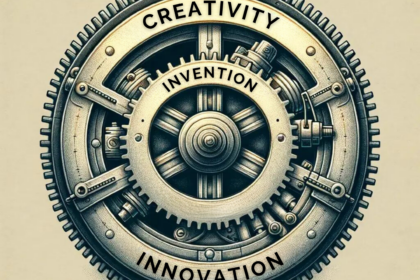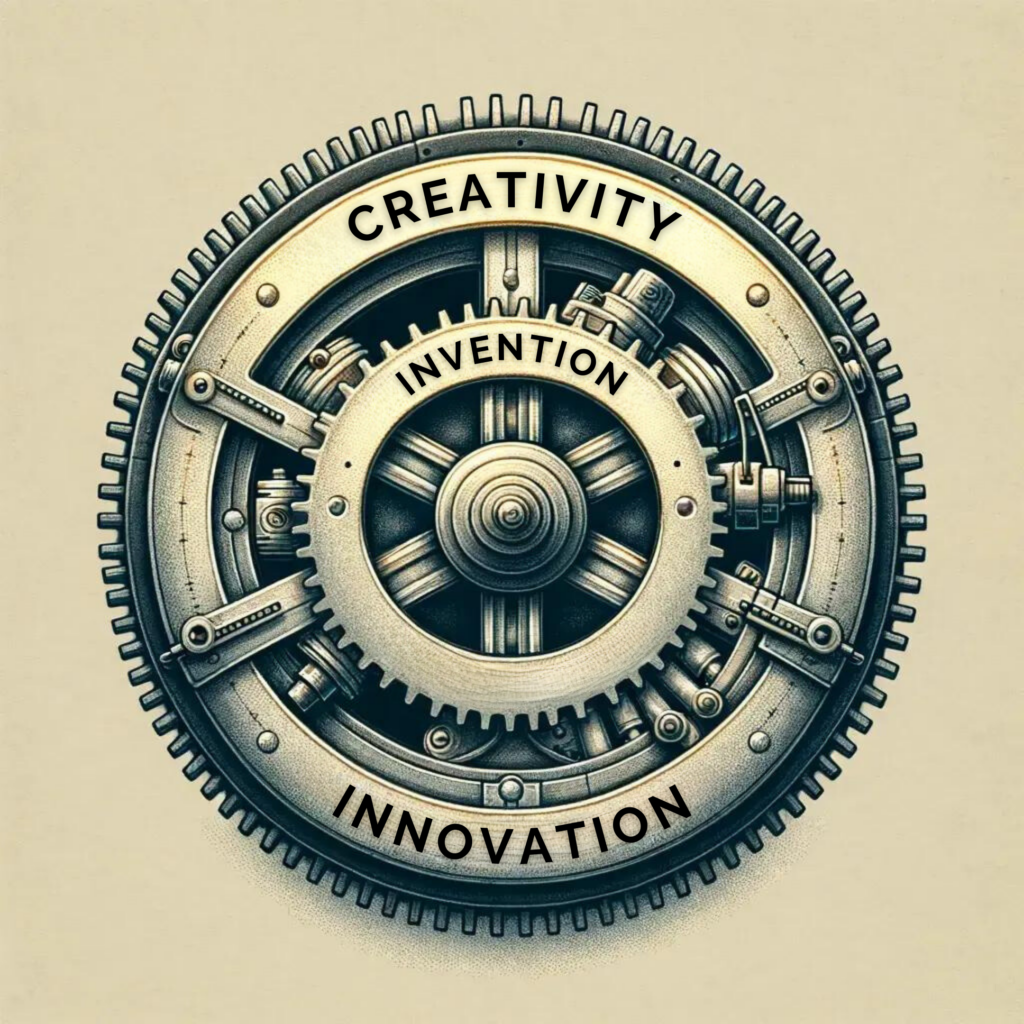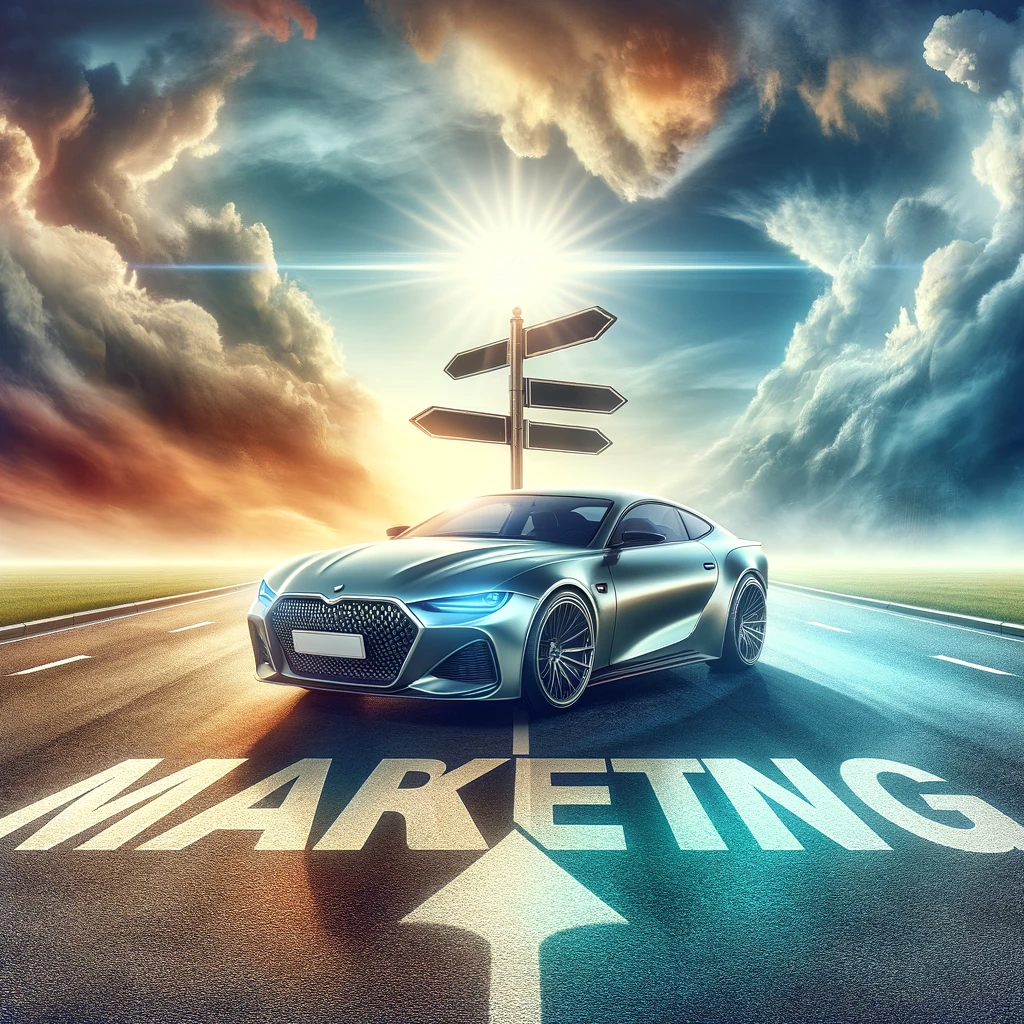
We’re witnessing throughout the world that our focus on “tech” for the sake of technology skills, and STEM education to support that, is actually failing people.
Don’t be misled… yes, an education in technology will result in a decent job; more so than most University studies which result in poorer job prospects.
I’m referring to the broader economy and societal impact; that tech alone, evident in historically very technical countries, tend not to excel nor sustain their competitive advantage long. Technology, alone, is not innovation, and tech, as a distinction, is not a startup.
Evident in the recent impact of AI, many software engineering, web development, and coding jobs, have just evaporated. This isn’t something unusual or unknown to social scientists – the role of technology is to replace people, particularly in technical roles.
Hence, I was asked, what is the relationship between creativity, innovation, and invention? How does creativity or invention lead to the creation of jobs and opportunities in startups?
Creativity > Invention > Innovation
Perhaps you can agree on that ranking of priority or order:
- Creativity is required to capably invent
- Invention is the application of technology
- Innovation is the adoption of invention
One can’t meaningfully exist without the other and yet it struck me that there is a more meaningful appreciation of creativity, invention, and innovation, in further appreciation how and why marketing enables innovation to create value.
Far too many would-be founders set out with an invention – they have the solution, the prototype, or the MVP, and they’re now seeking the funding to make something of what they’ve invested in developing.
These are the founders who fail. At the startup stage of our economy, a conventional wisdom exists that 90% of all startups fail; frustratingly, because the research into personality types, causes, and priorities, well establishes WHY and HOW startups fail, yet founders still set out to first Build / Solve / Prototype… and then….
They’re backwards. And they’re wrong.
It’s easy to perceive that technology and a product is what changes the economy, for example:
- The Printing Press replaced copiers
- Machines replaced farmers
- Assembly lines replaced tradespeople
- Robotics replaced builders
- The Internet replaced knowledge workers
- The Content Management System replaced website designers
- AI is replacing a lot of technical skill works
What this neglects is that it isn’t the invention that changes anything, it’s the innovation and adoption in the market. Fail that in favor of your being focused on invention a solution, and you will fail. We know this, yet many disregard it.
Take a look at this flywheel. I love flywheels, having used them before to explain how to raise capital or how to develop an ecosystem:
Asking how Creativity, Innovation, and Invention relate it a little myopic when we just compare them or put them in lists to correlate them. That visual is a valuable way to think about it.
With the gear of an Invention alone, you will not move efficiently.
Creativity and Innovation working upon an invention is what turns a gear into a machine, or rather, part of a machine.
What do we do with this to make a difference?
Consider your startup a car. Full of gears such as this, our invention is merely one small gear among many, and without creativity to pivot, compete, and try, along with market development so that your invention might be innovative, you have a small gear of little consequence.
Still, the car doesn’t go anywhere without the engine of a team, the fuel of passion, the resources of good tires, the mirrors to see where you’ve been and the windows to keep an eye on where you’re going.
Going… where?
Our car has to be on a road and it requires that your startup know which road to take, which turn is best, and which shortcut might help. If you don’t have intel while driving, you’ll hit that construction roadblock up ahead, get stuck in traffic, or discover too late that a bridge has been washed out. This road is marketing, the path on which you’re moving forward, the map to know where to go, and the traffic updates so you can get there as best as possible.
Just ignore the fact that ChatGPT’s Dall-E still can’t spell properly, the image still gets my point across
Drop the gears of invention, innovation, and creativity, in your startup but know that your venture isn’t going anywhere without the components of a car that get it out of the garage and onto the road. Most importantly, for the love of driving, don’t just step on the gas… you have to know where you’re going of your never going to get there.




